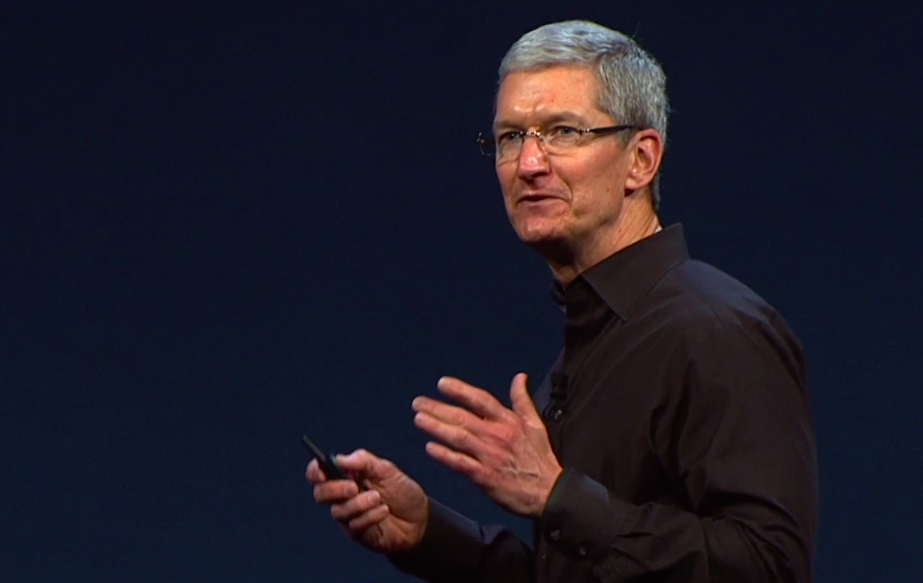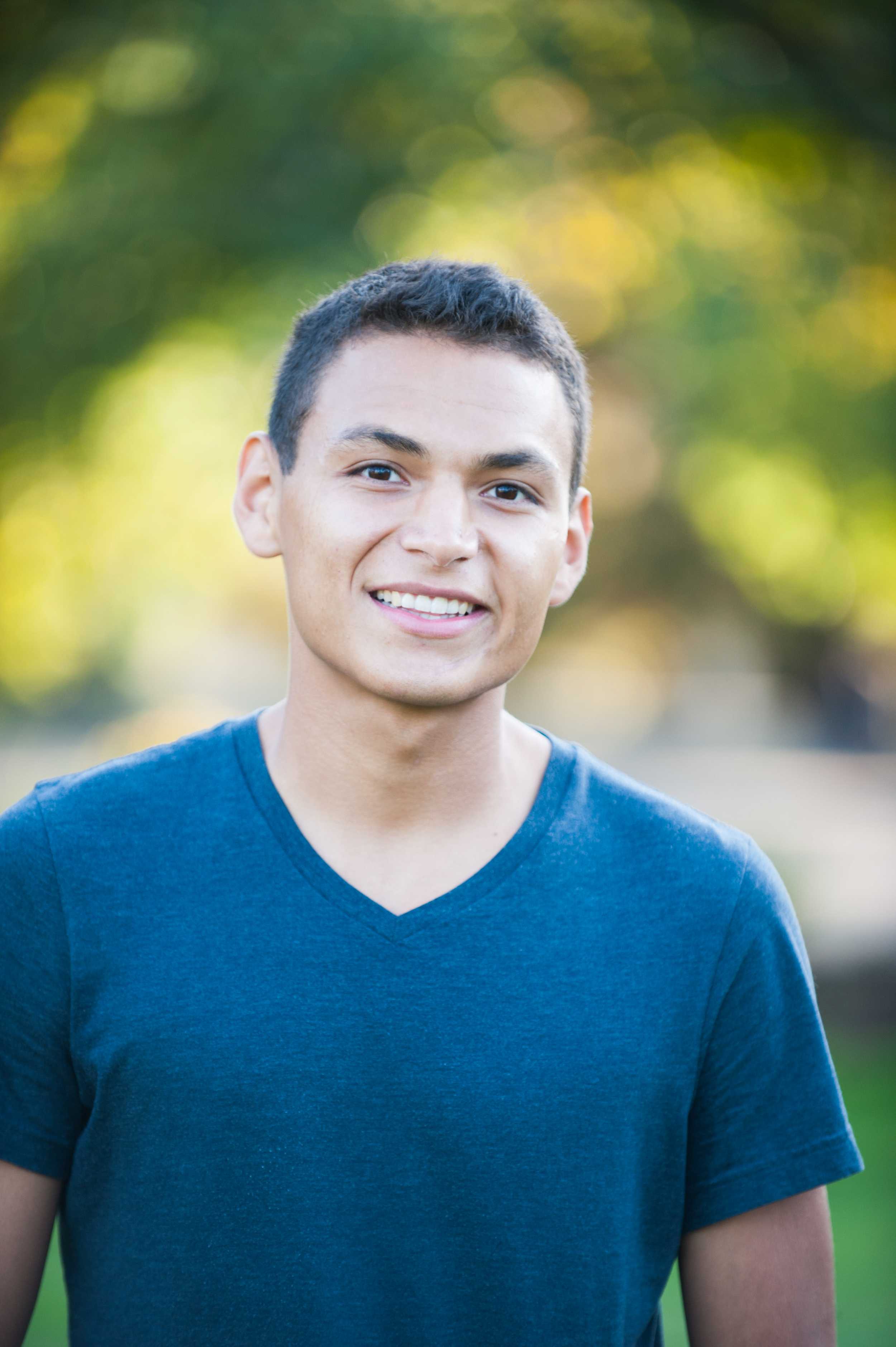Columnist Noe Felix.
Former Supreme Court Justice Potter Stewart once said, “Ethics is knowing what you have the right to do and what is right to do.”
It’s about doing things in an honorable way and not finding loopholes to get what you want.
That’s the exact opposite of what the FBI did to Apple, with the help of a third party, when they found a way to hack into one of the San Bernardino shooters, Syed Rizwan Farook’s iPhone.
The FBI ordered Apple to create a software encryption to access the shooters iPhone, one that would solely work on Farook’s phone.
However, Apple denied the order claimingit would be the start of somethingdangerous.
Creating such an encryption could have the potential to open millions of iPhones. Apple feltthe privacy and security of its users was of the utmost priority.
On the other hand, the FBI felt this was a matter of national security and it was Apple’s duty to help shed more light on the atrocity that happened.
Earlier this week, the Justice Department said it found a way to unlock an iPhone without Apple’s help, pulling its legal efforts to persuade the company to help them in the investigation.
This is a huge cause for concern because now we have to be worried about the strength of Apple’s security measures. I, like everyone I’m sure, like my privacy.
What’s on my phone, whether it’s conversations or other things of that nature, is my business. It should be up to me if I wish to disclose any of that information.
I’m disgusted by the FBI’s unethical dealings because of the fact they totally disregarded the privacy of millions of people.
Apple had a valid reason for not wanting to comply with them, yet they feltthey could do whatever they wanted.
Furthermore, the FBI never had any hard evidence that indicatedvaluable information was on the phone.
This makes one wonder why they were so hell bent on cracking the device.
According to the New York Times, a tip from an anonymous senior federal law enforcement said it was possiblethere might not be any crucial information on the phone.
Putting millions of people’s private lives at risk for a 10 percent chance to find information doesn’t seem worth it.
When Apple declared they wouldn’t assist the FBI in hacking the iPhone, Apple CEO Tim Cook said, “Smartphones, led by iPhone, have become an essential part of our lives. People use them to store an incredible amount of personal information, from our private conversations to our photos, our music, our notes, our calendars and contacts, our financial information and health data, even where we have been and where we are going.”
Cook added, “All that information needs to be protected from hackers and criminals who want to access it, steal it, and use it without our knowledge or permission.”
Forbes.com
Apple ceo tim cook.
The FBI doesn’t realizeour phones are an extension of our lives, it’s a part of us.
We heavily rely on these devices to get through our day and carry informationwe may not feel comfortable sharing with others.
Do I have to be afraid or be careful about what I send, say or do on my phone now?
What’s worse is the FBI hasn’t informed Apple on how exactly they hacked into the phone. This meansApple can’t improve its security in order to protect our information.
Not only did they go behind Apple’s back, but now they won’t disclose the way they got into the device?
What kind of democracy do we live in if we let these types of things happen?
What happened in San Bernardino was a tragedy, one that affected everyone in California.
However, I don’t feel that putting the privacy of people on a global scale at risk is worth it.




































